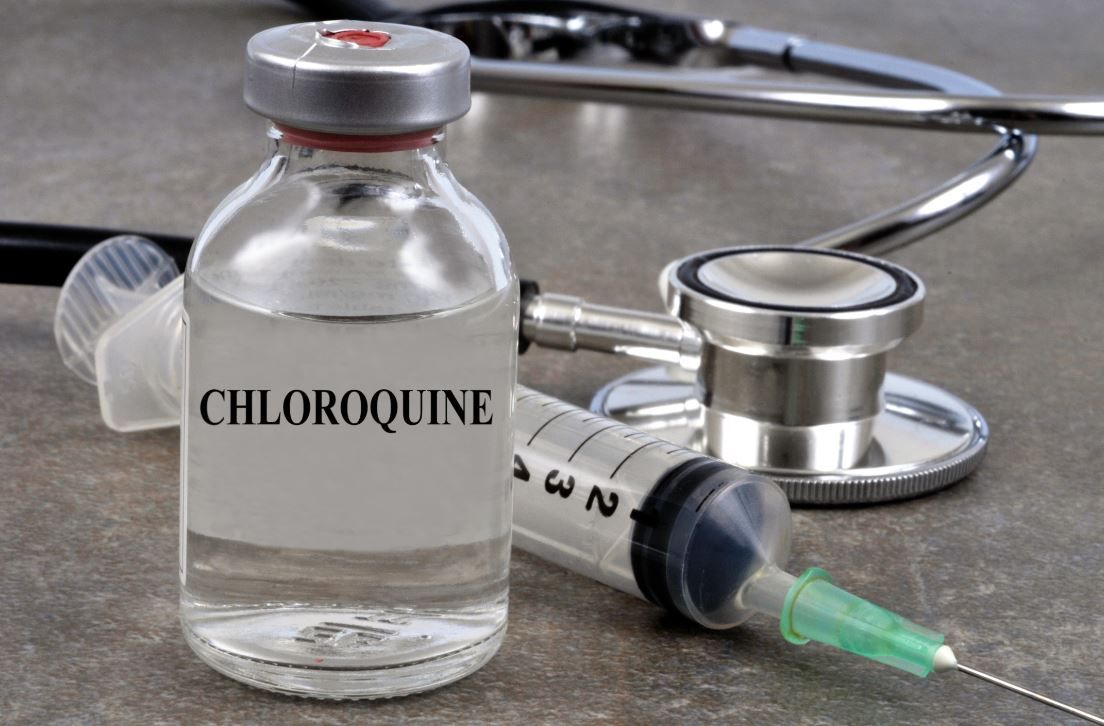- Clinical Technology
- Adult Immunization
- Hepatology
- Pediatric Immunization
- Screening
- Psychiatry
- Allergy
- Women's Health
- Cardiology
- Pediatrics
- Dermatology
- Endocrinology
- Pain Management
- Gastroenterology
- Infectious Disease
- Obesity Medicine
- Rheumatology
- Nephrology
- Neurology
- Pulmonology
Hydroxychloroquine, Chloroquine Yield No Benefit for COVID-19 in Large Registry Analysis
Hydroxychloroquine and chloroquine were associated with increased risk of death among more than 96 000 patients hospitalized with COVID-19.

Analysis of a multinational registry found that the 2 drugs were associated with an increased risk of death and of de novo ventricular arrhythmias, even after controlling for potential confounding variables including age, race, BMI, and comorbidities.
The observational study evaluated the use of hydroxychloroquine or chloroquine, either as monotherapy or with a macrolide antibiotic, and included 96 032 patients (mean age 53.8 years, 46.3% women) with laboratory confirmed SARS-CoV2 who were hospitalized between December 20, 2019 and April 1, 2020. The registry comprised data from 781 hospitals on 6 continents. Results were published online May 24, 2020, in The Lancet.
The 4 treatment groups were: chloroquine monotherapy (n=1868), chloroquine plus a macrolide (n=3783), hydroxychloroquine monotherapy (n=3016), hydroxychloroquine plus a macrolide (n=6221), and control group (no treatment of interest; n=81,144); the macrolides included were azithromycin or clarithromycin.
The primary outcome of interest was association of in-hospital mortality with a treatment regimen containing chloroquine or hydroxychloroquine when initiated early after COVID-19 diagnosis (≤48 hours) and secondarily the occurrence of clinically significant de novo ventricular arrhythmias.
All included patients completed the hospital course (discharged or death) by April 21, 2020.
Findings from the analysis showed an increased risk of in-hospital mortality vs controls in all 4 groups:
- Chloroquine: 16.4% (hazard ratio [HR] 1.365; 95% CI, 1.218-1.531)
- Chloroquine + macrolide: 22.2% (HR 1.368; 95% CI, 1.273-1.469)
- Hydroxychloroquine: 18.0% (HR 1.335; 95% CI, 1.223-1.457)
- Hydroxychloroquine + macrolide: 23.8% (HR 1.447; 95% CI, 1.368-1.531)
- Control 9.3%
The authors also noted a link between higher BMI and worse in-hospital survival.
The 4 treatments were also associated with an increased risk of de novo ventricular arrhythmia:
- Chloroquine: 4.3% (HR 3.561; 95% CI, 2.760-4.596)
- Chloroquine + macrolide: 6.5% (HR 4.011; 95% CI, 3.344-4.812)
- Hydroxychloroquine: 6.1% (HR 2.369; 95% CI, 1.935-2.900)
- Hydroxychloroquine + macrolide: 8.1% (HR 5.106; 95% CI, 4.106-5.983)
- Control 0.3%
The authors note in the study’s discussion that the use of chloroquine and hydroxychloroquine to treat COVD-19 is “based on widespread publicity of small, uncontrolled studies, which suggested that the combination of hydroxychloroquine with the macrolide azithromycin was successful in clearing viral replication.”
While the researchers acknowledge the limitations of the study (eg, observational design, absence of QT interval measurement and arrhythmia stratification and drug dose-response analysis of observed risk) they state that even if such limitations suggest a “conservative interpretation” of the findings, the “large-scale, international, real-world analysis supports the absence of a clinical benefit of chloroquine and hydroxychloroquine and points to potential harm in hospitalised patients with COVID-19.”
_______________________________________________
For more COVID-19 coverage for primary care, visit our COVID-19 Resource Page.
No Rx Required for COVID-19 Vaccination But ACIP Calls for Better Informed Consent Process
September 22nd 2025The ACIP on September 19 narrowly voted against requiring a prescription to get the shot but urged more detailed discussion of vaccine risks during shared decision making conversations.
